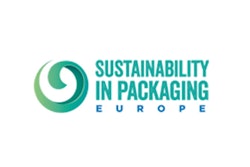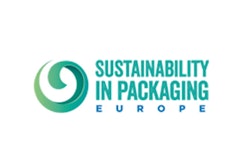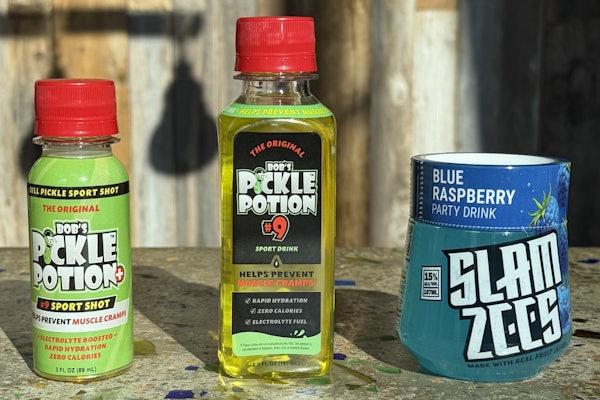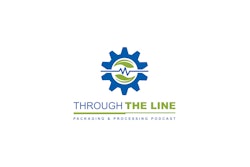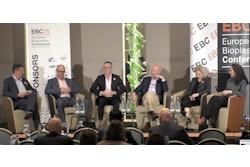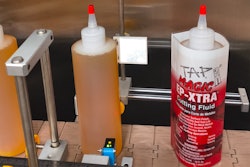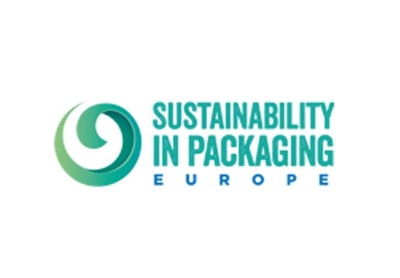
Sixth in a series of articles from Sustainability In Packaging, Europe 2017, which took place in Barcelona, Spain Oct. 25-26. Click here for more articles.
- One thing was clear here in Barcelona, just because a discarded package is recyclable does not necessarily mean it gets recycled.
- While policy makers want a complete overhaul of a “failed” system, particularly where plastics are concerned, CPGs are committed to making incremental improvements for their products today.
- Nestle’s Senor Packaging Specialist (Metals), Dr. Greza T. Nagy, says metal packaging is Nestle’s second largest packaging category, and is seen by consumers as “premium.”
- Nestle uses metal for high-volume packaging, sensitive products like baby formula, and to prolong shelf life. (Libby’s pumpkin has a 36-month shelf life.)
- While metal packaging creates a high carbon footprint when produced, when using other measures, a metal package can be very sustainable if recycled, and can be used over and over again with virtually no loss of materials.
- A metal can has a lifespan of 200 to 400 years and “should never be put in a landfill.”
- Nestle has worked hard to create metal packaging with removable plastic lids so both can be recycled more easily. (Nescafe).
- Sometimes sustainability at Nestle can be achieved upstream with reduced spoilage rates in production.
- Marks and Spencer’s Kevin Vyse, Primary Foods Packaging Technologist and Packaging Innovation Lead, gave a passionate presentation about M&S recommitting to the circular economy.
- “I was here when the first PET bottle was blown in the U.K.,” said Vyse. “I feel guilty about this, and we have a responsibility to find solutions.”
- “Packaging has actually solved famine problems,” said Vyse, “but all this gets forgotten with packaging bad news that sells.”
- “We used to be circular, preindustrial revolution,” said Vyse. “Are we prepared to adapt? Go from the linear model we all adopted and move to a circular model?”
- Customers have told M&S to make it easier to do the right thing. Stakeholders said be more ambitious and go at a faster pace.
- Vyse reported that of the 1.5 million tons of plastic used in the U.K., only a third is recycled. The paradox is collection rates are going up, but actual recycling remains flatlined.
- One shining positive example, according to Vyse, is the Plastic Bank, an organization providing a consistent above-market rate for plastic, waste which incentivizes collection, allowing local fishermen to collect ocean plastic and trade it for money, items, or services.
- Prabhat Mishra, Global Packaging Sustainability Lead for Mondelez International, said 70% of their materials are completely recyclable, but for the remaining 30%, there are gaps in the infrastructure.
- Mondelez employs 300 “commandos” around the world whose mission is to take out any inefficiencies in packaging. Doing things slightly differently can have a big impact, according to Mishra.
- Examples include secondary packaging being completely eliminated for some products (Royal); other packages have been downsized to maximize logistics profiles (Tang). Mondelez is also harmonizing packages in the U.S. and Canada, rather than producing separate products for each country (Ritz).
Spokesmen for Mars and Barilla made similar presentations illustrating commitments to lightweighting, sustainable forestry practices, etc.




